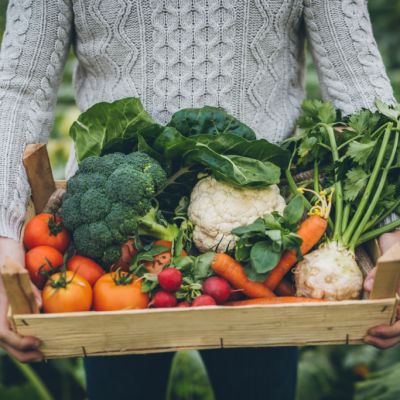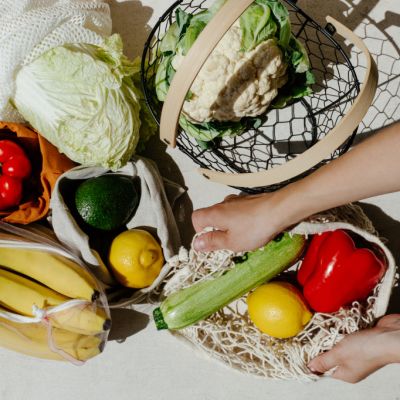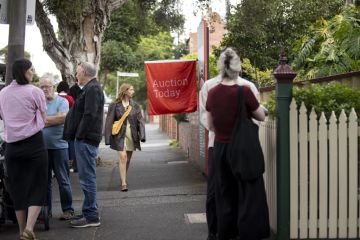How to recycle your household waste, properly
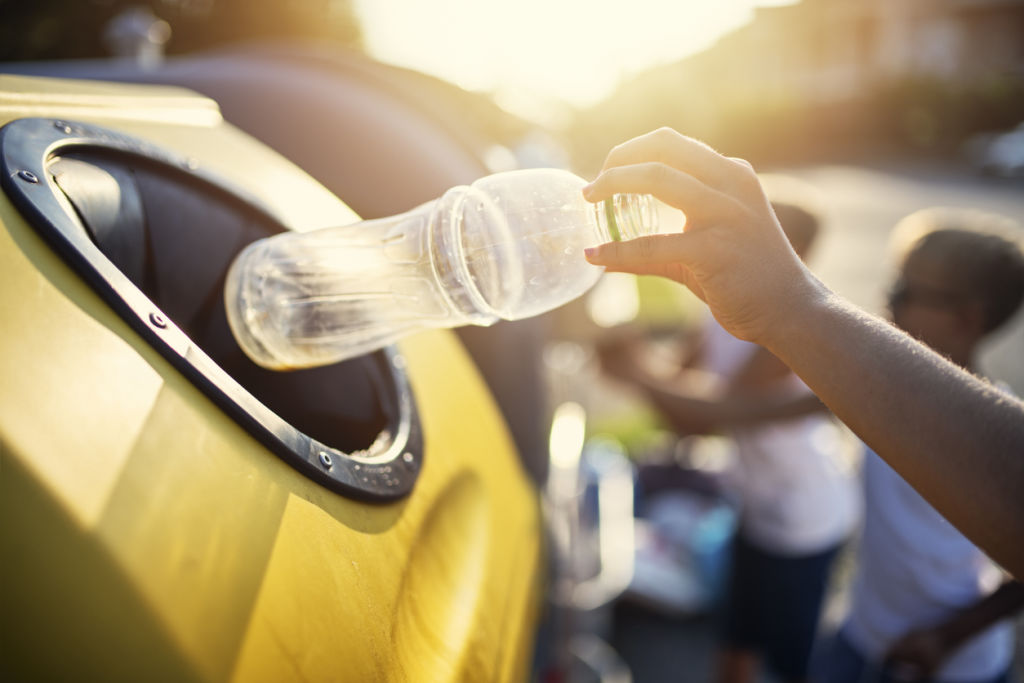
Are tinned food cans recycled when you don’t wash them out? Which wheelie bin do takeout coffee cups go in? And what are those new, flashy purple-lidded bins in Victoria?
National Recycling Week (November 8-14) is a chance to get to the bottom of such questions. Helping us improve our recycling knowledge and habits, the educational week, which is celebrating its 25th anniversary, puts the spotlight on a household activity many remain confused about.
While studies show most Aussies value recycling, only 2 per cent of 1000 Australians surveyed in December 2020 by recycling specialist Cleanaway Waste Management could correctly assign a list of 13 items to the right bin. Yikes!
Here’s a look at some common recycling issues and myths, an update on what’s happening in the world of recycling, and a refresher on how to correctly dispose of different waste items.
Common household recycling blunders
Liam Taylor, communications manager at Planet Ark Environmental Foundation, says annual council surveys continually find residents have the most trouble with soft plastics.
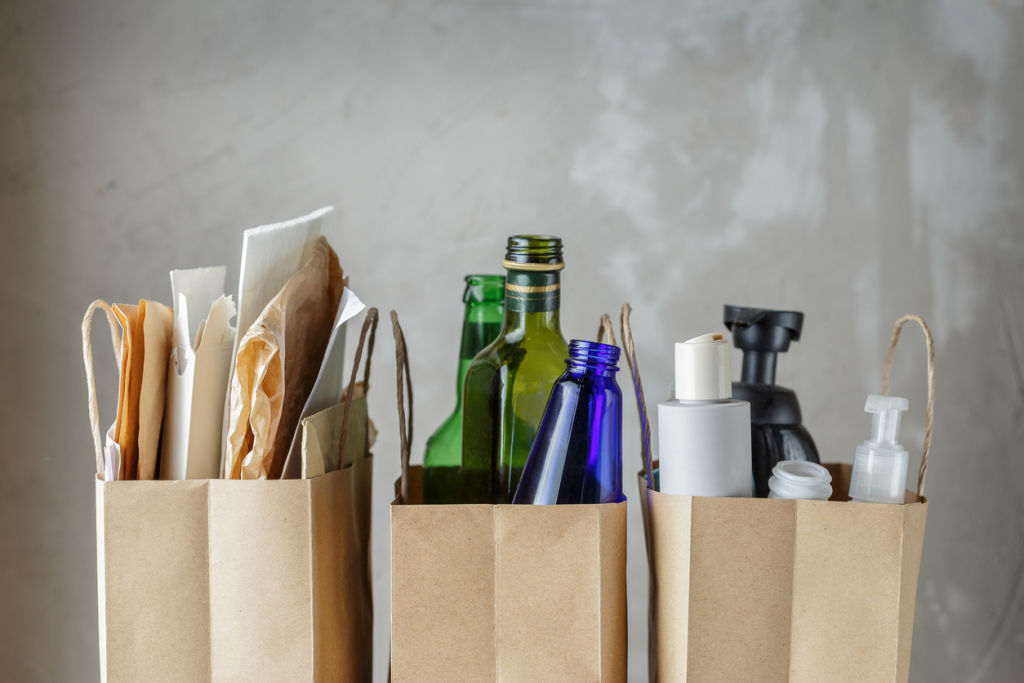
“Any plastic you can scrunch in your hand shouldn’t go in your recycling,” Taylor says. This includes cling wrap and plastic bags.
So, where does it go?
While, technically speaking, it can go in the rubbish bin, a better option is dropping soft plastics off at participating supermarkets for recycling into nifty stuff like road bases and playground equipment through the REDcycle program.
Another common issue is people putting recyclables inside a plastic bag. Items in the recycling should be kept loose, Taylor says.
About those unwashed cans
While empty cans don’t need to be squeaky clean, make sure chunks of food aren’t attached to them, he says. Use waste dishwater to give them a rinse, he recommends.
Food contamination can mean recyclables don’t get recycled, he explains. The fibres of recyclable materials like paper and cardboard can be negatively impacted by the presence of organic material. “When you’ve got an oily pizza box, tear off the top half and only recycle that,“ he says.
Is it a big deal if you put something in the wrong bin?
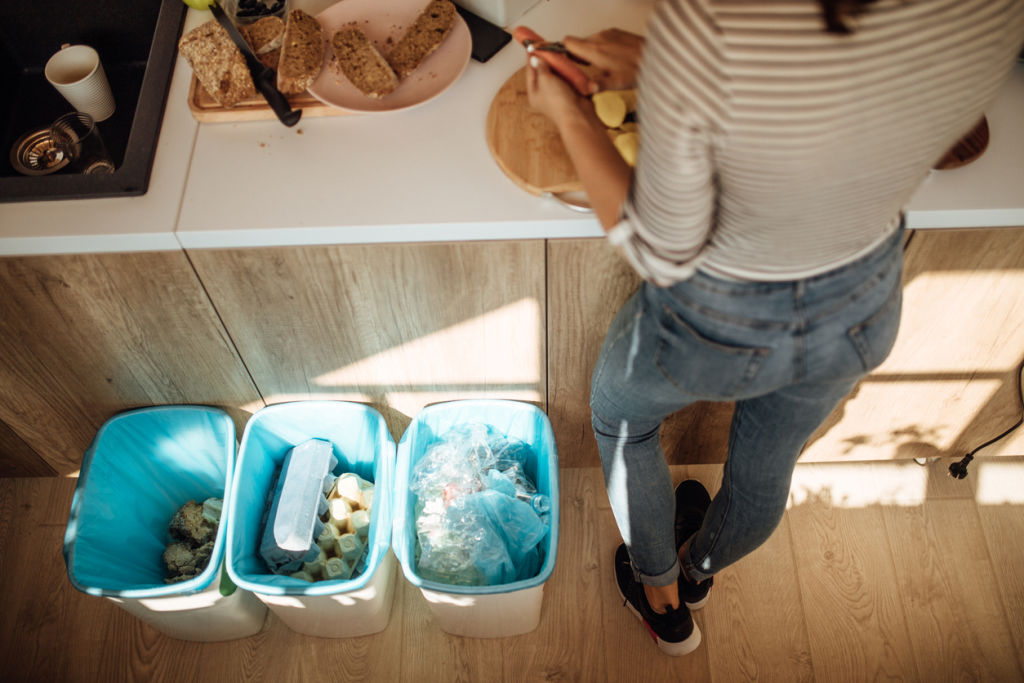
Potentially, yes. If materials are contaminated – such as broken glass or food through the recycling bin – it can mean the materials can’t be recycled, Taylor says. The more clean and streamlined the recyclables, the better.
Recycling properly is important in reducing our need for new virgin resources, Taylor says. “We use such a large quantity of resources in our contemporary economy. We need to make sure as many of those as possible get put back into circulation.”
Does recycling actually get … um … recycled?
Of the Aussies surveyed by Cleanaway, 39 per cent were mistrustful that their recycling would be recycled.
Taylor assures us that as long as we’re putting the right thing in the right bin, recycling is going to happen.
“There’s been a lot of scare pieces in the media, especially in the last few years,” he says. “These tend to concentrate on rogue recycling operators. Those kinds of stories get taken out of context and applied to the whole industry. There’s certainly a lot of very good operators out there as well.”
Also eroding faith in recycling, in 2018 China introduced a policy to stop receiving recyclables from Australia and other countries, but, Taylor adds, what is less known is that the local industry has stepped up to fill the gap.
The new bins in town
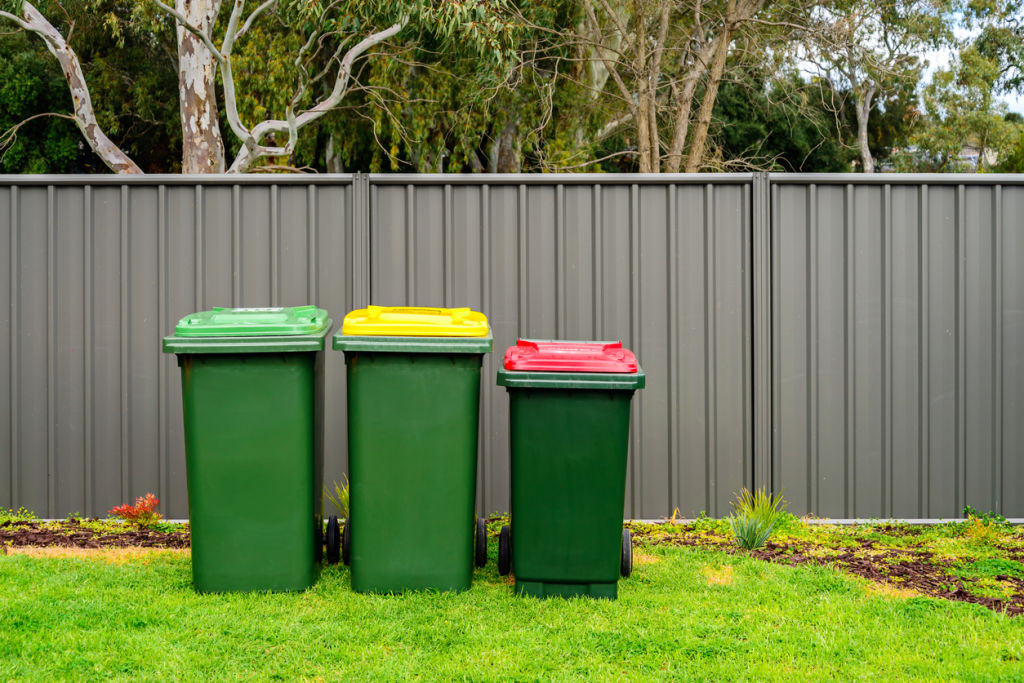
Some residents of Victoria now have a new separate waste bin for glass (they’re the ones with the purple lids). All councils within the state will transition to the four-bin system by 2027 (and a food and garden organics bin by 2030) as part of the state’s Circular Economy (Waste Reduction and Recycling) Bill.
If successful, it may extend to other states. Stay tuned.
In NSW, they’ve been working hard on the rollout of the food and garden organics (FOGO) waste bin, Taylor says. “Because we know that up to 40 per cent, on average, of what goes into people’s red waste bins is food. That gets into landfill, rots and creates methane and takes up lots of space.”
The new kerbside waste service allows food to be added to the green-lid garden waste bin for recycling into compost.
Adding to the confusion, the rules around what goes into different bins can vary from council to council. When in doubt, check the annual recycling guide from your local council.
What goes in the recycle bin
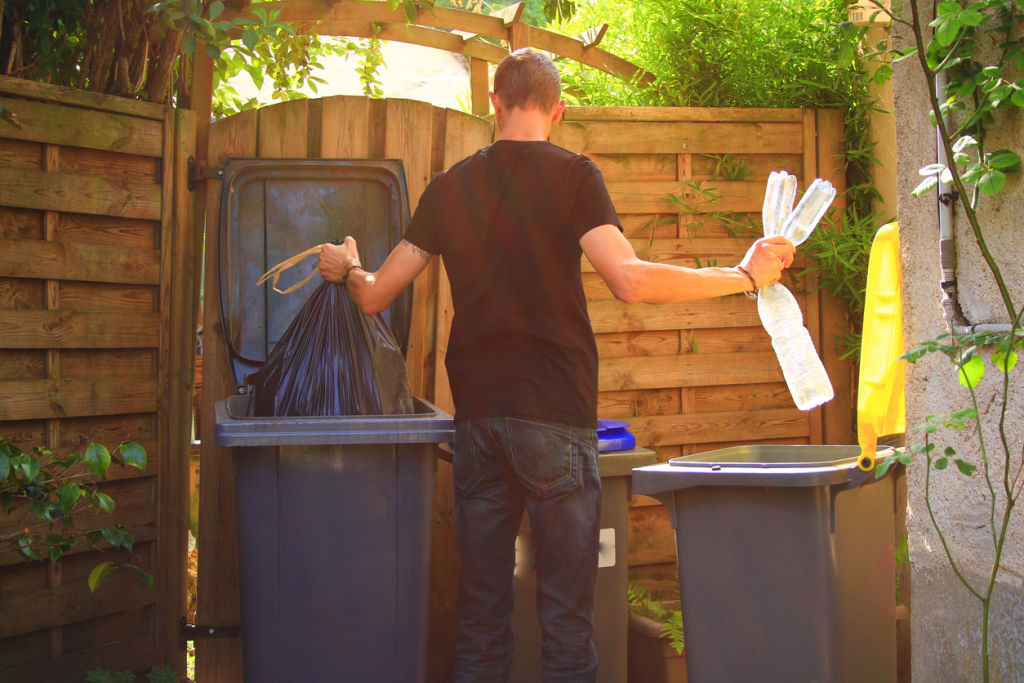
- Cardboard
- Paper, including stationery
- Glass bottles and jars
- Steel
- Metal, including metal bottle tops
- Empty tin cans
- Hard plastics
- Aluminium
- Aluminium foil (in some councils only) scrunched into a ball and uncontaminated by food
- Books
- Magazines
What goes in the rubbish bin
- Food scraps
- Paper towels
- Tissues
- Envelopes with plastic windows
- Food packaging
- Stationery items like used pens
- Clothing unfit for reuse
- Soft plastics, including plastic wrappers and bags
- Ceramics
- Pyrex
- Crockery
- Disposable and takeaway food containers like coffee cups, milk and juice cartons
- Polystyrene and styrofoam
- Nappies
- Meat waste
- Broken glass
- Mirrors
- Plastic lids
- Drinking glasses
- Vases
- Garden hosing
- Cooking oil (in a container or absorbed into paper)
- Pet waste
- Other general rubbish that can’t be recycled
What goes in the organics bin
- Plant clippings and weeds
- Small branches
- Compostable food waste (only in regions with FOGO)
What goes in the glass bin
- Clean glass bottles and jars (lids need to be removed) including:
- Beer, wine and spirit bottles
- Food jars and bottles
Specialised waste services
The following items are not for household waste or recycling bins and need to be disposed of by a specialised waste service.
- Batteries
- Fluorescent globes
- Chemicals
- Paint
- Gas bottles
- Pesticides and insecticides
- Medical waste
- Car parts
- Construction, building or demolition materials
- Electric items, like kettles
Consider repairing or refurbishing, or sell or give away what you can. Alternatively, check out the correct specialised disposal for such items at Recycling Near You.
We thought you might like
States
Capital Cities
Capital Cities - Rentals
Popular Areas
Allhomes
More
